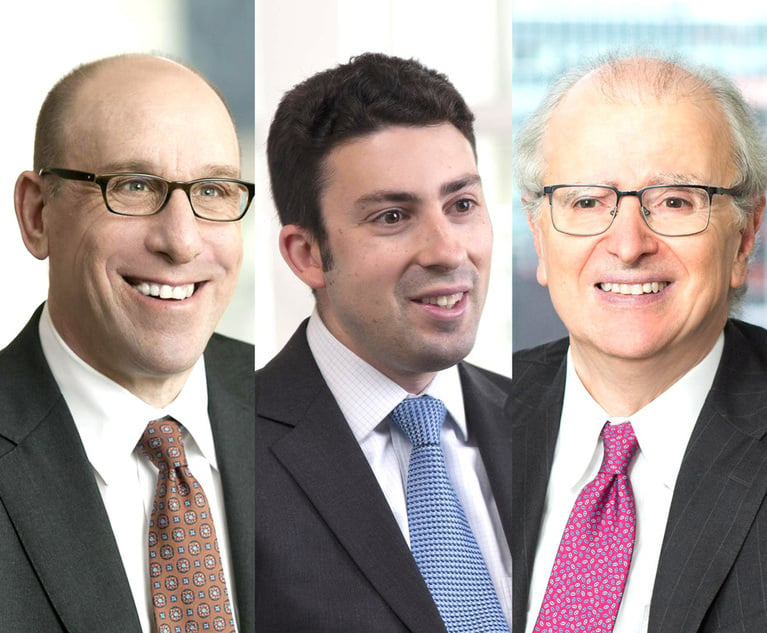State judges in New York won’t be getting a pay raise next year after members of a panel created by the Legislature to evaluate such an increase declined to grant one Wednesday, citing the state’s looming $6.1 billion budget deficit.
The decision marks the first time in nearly a decade that state judges in New York will be paid the same amount as the year before.


 Robert Megna testifies during a public hearing of the Special Commission on Judicial Compensation in Albany on July 20, 2011. Photo: Tim Roske
Robert Megna testifies during a public hearing of the Special Commission on Judicial Compensation in Albany on July 20, 2011. Photo: Tim Roske





